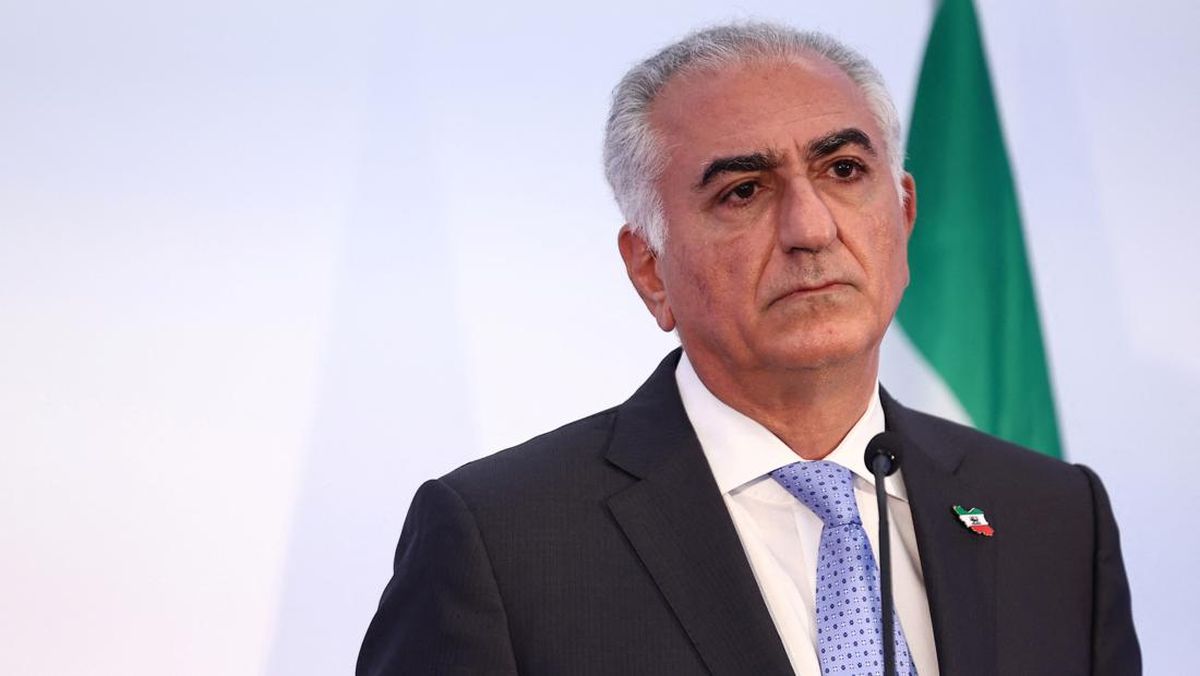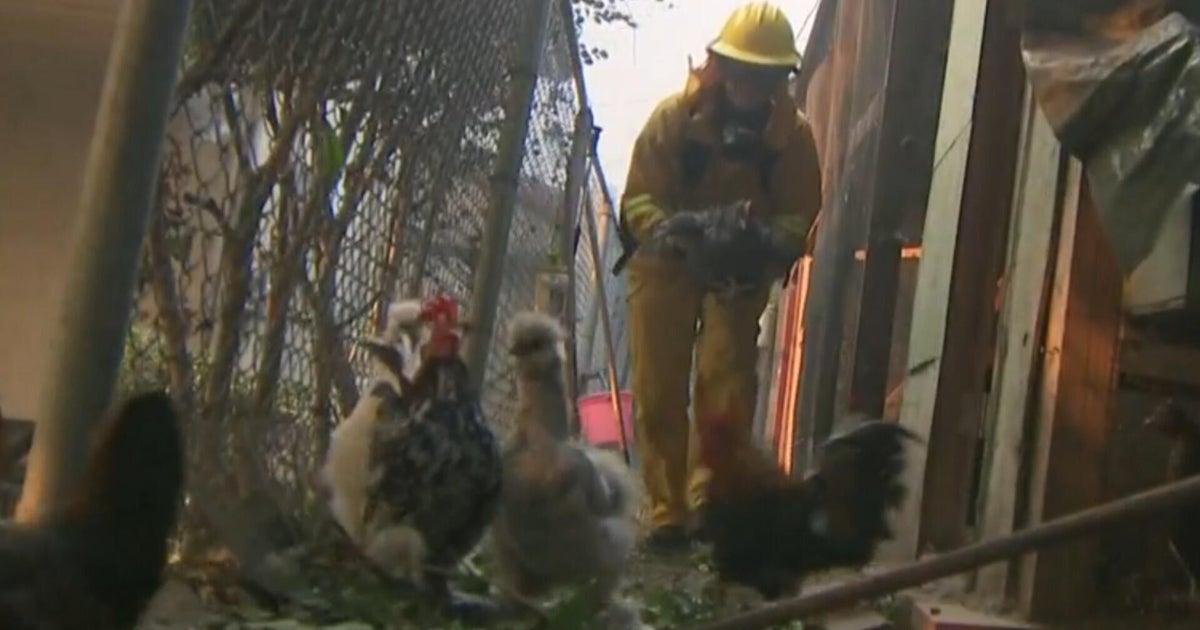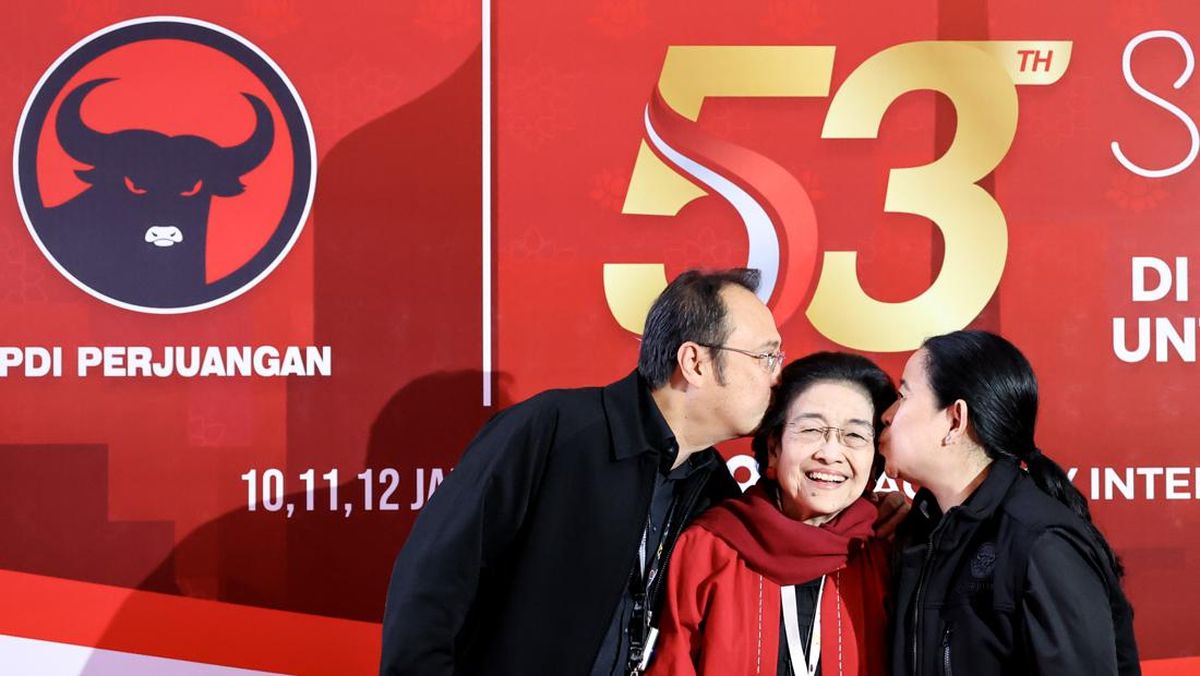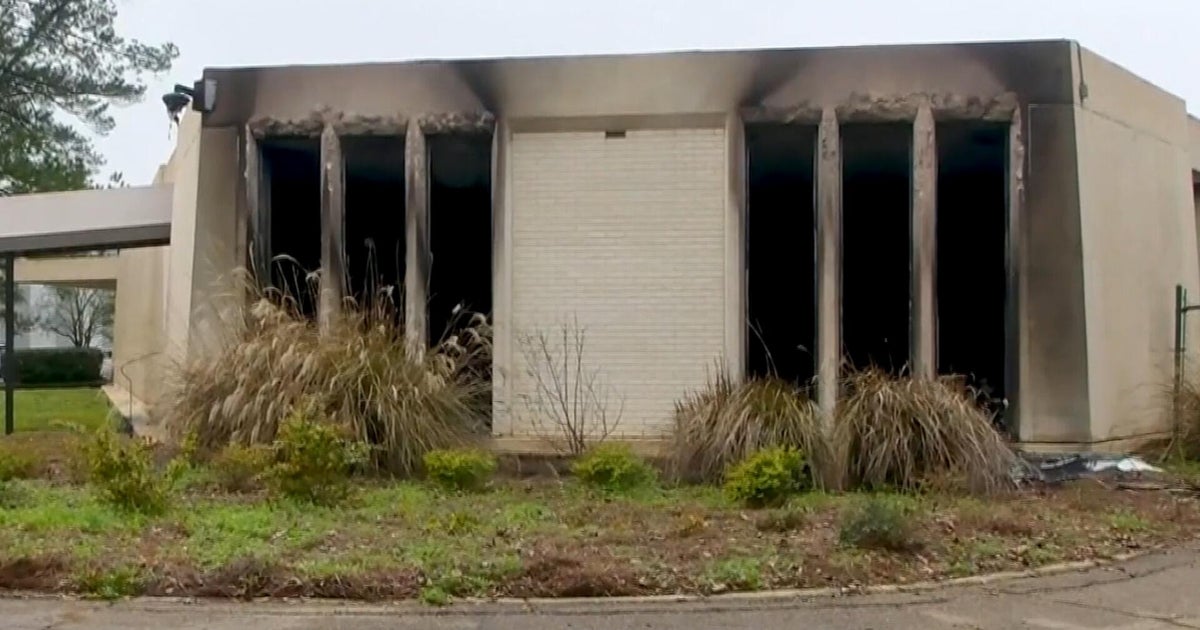Opinion
September 19, 2025 — 5.57pm
September 19, 2025 — 5.57pm
There’s a moment when you realise it’s all going to hell, when the institutions you thought stood for something stand for nothing but profit. Going to university was exactly what Mum expected of me. My sister tried, failed. I wasn’t brilliant, either (at first, hah!). No idea what to do or how to do it. It took university to change my life.
In my years at the NSW Institute of Technology (now UTS), I learnt how to learn. Extraordinary teachers, historian Ann Curthoys, author Drusilla Modjeska, journalists like Chris Nash, the bloke who brought about the undoing of a federal Liberal treasurer in the ’70s. And the late David Dale.

Illustration: Jim PavlidisCredit:
I worry university students will never have that time again. Demanding academics (Modjeska made me rewrite my final ever essay). Difficult course workloads. Kind professional staff. I feel grief at what university is becoming and fear the changes spell the end of learning that generations need. To question, to answer, to argue. To show you know. Universities don’t need to spend $93 million on insultants (an insult to those on staff who are actually experts) to tell them what’s wrong.
Major change must happen within higher education in Australia if kids like the one I was – first-generation, woggy – are ever to get that transformative experience. University governance needs a massive overhaul. Too many on university councils are chosen because of connections, not expertise. In business, board members know the business inside out. After speaking to council members across the nation over the past few weeks, it’s clear to me that for many, backing the vice chancellor is the necessary skill to keep the gig.
As Luke Beck, professor of constitutional law at Monash University, told The Australian Financial Review’s Julie Hare: “Universities ... are largely lacking in transparency, especially about finances, and it is almost impossible to remove council members or chancellors, unlike on corporate boards.”
Loading
It’s not just my beloved UTS that’s infected with the curse of consultancy, although the Australian National University is now blessedly safe-ish from further chaos with no further forced redundancies. The impressive ANU Governance Project seeks many more students and staff on councils, which every university should strive to emulate. Council members should not only be the council’s pick. Let’s not forget that Catherine Livingstone, formerly of CBA, has been UTS chancellor, while this mess unfolded, since 2016.
And what happened at the University of Wollongong? One minute it had a shining light as vice chancellor: Patricia Davidson, an alumna of Wollongong and then at Johns Hopkins for years. Next minute? She was disappeared, thankfully snapped up by UNSW. But any organisation that has the majority of the executive and senior leadership depart within months of a new chancellor appointment, as happened at Wollongong, should raise serious concerns among all stakeholders.
I wanted to know more about UTS council members. Some just hung up on me (rude); some never returned my calls (mean). But I did manage to have a conversation with some.
This one conversation worried me most. Me: Are you worried about the impact of all the negative publicity (course cancellations, mass staff sackings) on the reputation of UTS? Council member: No. It’s all misinformation and disinformation. Poor Andrew Parfitt [the vice chancellor]. Me: Not sure what you mean. The university is ditching its education degree. Council member: That’s not true.
Loading
Reader, it is true, although UTS suggests it is still subject to consultation. Eye roll.
I asked Kelly Freebody, professor and head of the school of education at the University of Sydney, what she thought. She tells me that, even before this week’s UTS announcement of 1100 subject cuts and hundreds of staff, there’d been discussions with some NSW universities, including UTS, about sharing some subjects to make offerings more cost-effective. The hot rumour is that Sydney University will become a refuge for the education students abandoned by UTS. Freebody says she isn’t aware of these plans.
“I’m devastated for the profession, just devastated,” she said. “We always need teachers. We will always need teachers. To choose to close teacher education, that’s just mind-boggling.”
Worse, she says it sends all the wrong messages about what universities should stand for, about what society should stand for.
It’s mind-boggling, too, that a university should shut down its school of public health or international studies, including languages, as UTS will. Or, in the case of Macquarie University, shucking education, shrinking sociology to a shadow, diminishing politics and, along the way, frightening staff who say there is a culture of bullying, from senior management down to heads of school. Science, engineering, ancient history.
Says one academic: “This has led to a climate of fear where academics see terrible decisions being made to curriculum but have no power to speak up for fear of reprisals.”
Andrew Norton, Monash University’s professor of higher education policy, says governance is not the only problem. Good governance would solve some things but there are system-level pressures forcing system-level changes.
“[Such as] the soon and terrifying prospect of each university facing a cap on domestic student numbers,” Norton says. “Some popular universities will soon start reducing the number of new students to bring their enrolments down.”
And federal Education Minister Jason Clare is still talking about “managed growth” – just where he and the new Australian Tertiary Education Commission want it, not necessarily where the students want it. “He wants more students to attend unis that cannot currently use their allocated funding,” says Norton.
Loading
A reminder to everyone that the anti-university Morrison government removed $1 billion a year from university funding. Two elections later, the Labor cabinet still hasn’t fixed it. They’ve all got degrees. Nice for some. Seriously, the government must fund universities and research, not submarines that may never be delivered.
Renee Leon, vice-chancellor at Charles Sturt University, says Clare needs to step up. She says the current funding model, Job-Ready Graduates (JRG), is a one-size-fits-all approach that funds universities based on the average cost to teach students, a figure that is driven down by the economies of scale that the largest metro-based universities can achieve.
“This under-funds regional universities with smaller classes across multiple campuses, that are educating predominantly equity [disadvantaged] students in the skills essential for the workforce pipelines of regional Australia,” Leon says.
“The introduction of JRG also reduced overall funding by $1 billion a year, leaving many of our vital courses such as dentistry, physiotherapy and veterinary science funded at significantly less than the cost of teaching.”
By the way, those are all graduates Australia needs.
I said in July that students shouldn’t choose university next year. Give universities a year to recover. Now it’s time to pressure Labor to step up and save the future so you can go the year after.
Jenna Price is a regular columnist.
Get a weekly wrap of views that will challenge, champion and inform your own. Sign up for our Opinion newsletter.
Most Viewed in National
Loading


















































